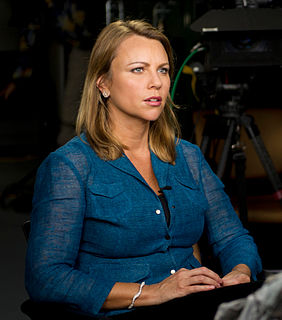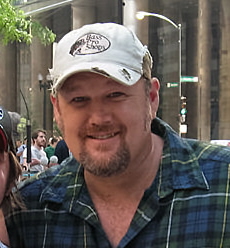A Quote by Amy Poehler
If you can speak about what you care about to a person you disagree with without denigrating them or insulting them, then you may actually be heard.
Related Quotes
Education is power, it changes your whole life, it can create a life for yourself. So the more educated you are, the more you learn about what you care about, you become a more caring person. And if you can speak about what you care about to a person you disagree with, without denigrating or insulting them, then you may actually be heard. And you may even change their mind, or they may change yours.
Emotionally, a person can become so negatively driven that they don't respect the privilege of being on this Earth without their mother and their father. They may say it doesn't bother them, but there is something in us about those who are a biological part of us and don't care. People in that situation stop hearing the other voices that love them, hold them, trust them and tells them how great they are. They're focused on that one person who isn't answering them.
I think it could be argued that I am not heard, in the broadest sense. That is not my concern. My concern, a question really, is, do I have the courage to speak? If I speak I believe someone will respond. It then becomes my responsibility to listen to that person. And in listening, together we create a space where people can be heard. It's the conversation that I care most deeply about; this is the space I want to honor, respect, and protect. This is my faith in the open space of democracy.
You almost have to step outside yourself and look at you as if you were someone else you really care about and really want to protect. Would you let someone take advantage of that person? Would you let someone use that person you really care about? Or would you speak up for them? If it was someone else you care about, you'd say something. I know you would. Okay, now put yourself back in that body. That person is you. Stand up and tell 'em, "Enough!
I think of the medium as a people-to-people medium, not cameraman-to-people, not direction-to-people, not writers-to-people, but people-to-peopleYou can only involve an audience with people. You can't involve them with gimmicks, with sunsets, with hand-held cameras, zoom shots, or anything else. They couldn't care less about those things. But you give them something to worry about, some person they can worry about, and care about, and you've got them, you've got them involved.
If you cared enough about your characters, what happened to them was interesting... it's important to care about them, about who they are and what they do...I don't really care whose side they are on, and they can be monstrous on the outside or, worse, on the inside, but you still have to want to spend time with them.

































